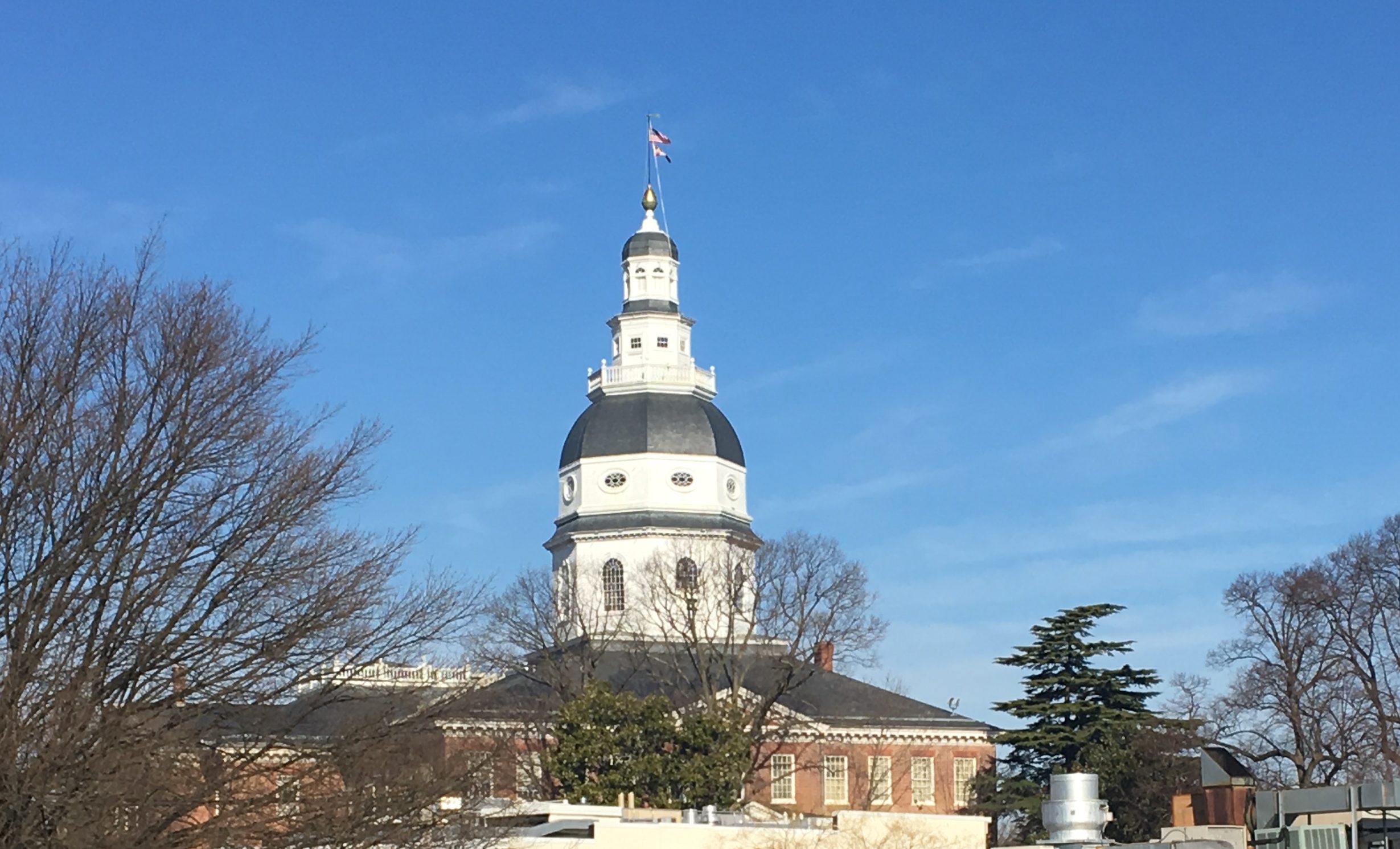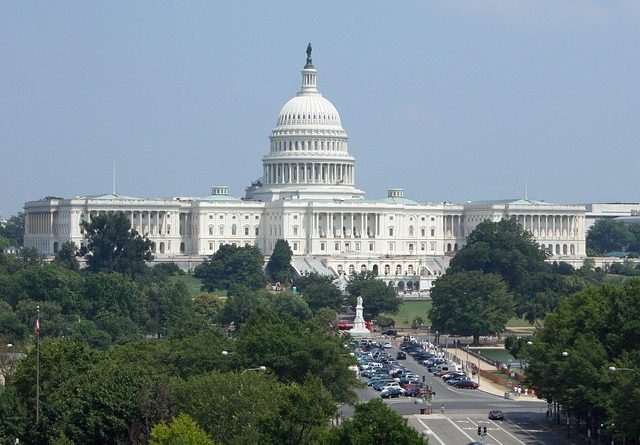Lawmakers propose task force to probe long-term inequities facing Black women
By TORRENCE BANKS
Capital News Service
WASHINGTON – The persistence of economic, educational, and legal disparities in the lives of Black women and girls would be the target of a federal task force recently proposed by a group of House members.
“Simply acknowledging our country’s history of targeted discrimination, harassment, and violence against Black women and girls will not correct years of systemic racism and sexism,” Rep. Robin Kelly, D-Illinois, said in a statement after the legislation creating the task force was introduced earlier this month.
“We must leverage the full weight of the federal government to seek justice for Black women and girls who deserve an equal opportunity for a full, happy, healthy life,” Kelly said.
Kelly is co-chair of the Caucus on Black Women and Girls, along with Reps. Yvette Clarke of New York and Bonnie Watson Coleman of New Jersey, who also sponsored the measure. Reps. Jennifer McClellan, D-Virginia, Valerie Foushee, D-North Carolina, and Brian Fitzpatrick, R-Pennsylvania, also have signed on to the bill, called the “Protect Black Women and Girls Act.”
The bill would establish a task force to examine several aspects of the lives of Black women and girls, including education, healthcare, economic development, housing and civil rights. The task force would look at the effectiveness of programs and policies at the state, federal and local levels and make recommendations for changes.
Kelly said that the bill would help governments be more proactive in ensuring that Black women receive equal opportunities.
The task force would be led by the Department of Health and Human Services and the Department of Justice. Both would then share information with the United States Commission on Civil Rights (USCCR).
The Civil Rights Commission also would conduct a study and collect data about the social justice, economic, and health effects of discrimination and inequities on Black women and girls. The bill was originally introduced in 2021 with 15 co-sponsors. However, Congress took no action on it.
Maryland Del. Jheanelle Wilkins, a Democrat, said the legislation would allow the state’s government to look at the results from the research and craft more equitable policies.
“We know that signs point to black women being disproportionately impacted by many things whether it’s maternal health – and in Maryland, Black women are four times as likely to die as a result of childbirth,” said Wilkins, who also serves as the chair of the state’s Legislative Black Caucus.
In 2021, the maternal mortality rate of non-Hispanic Black women was 69.9 births per 100,000 live births, according to the Centers for Disease Control. That was more than two times the rate for non-Hispanic white women.
“We are the caregivers for our community, we’re the matriarchs of our home, but also of the Black community,” said Kelli Richardson Lawson, founder of the mental health nonprofit organization The SonRise Project, based in Bethesda, Maryland. “So we’ve always had to take care of everybody else before we take care of ourselves.”
Lawson said that the passage of the legislation is crucial because of the socioeconomic challenges that Black women have faced.
Thirty-nine percent of white women earn a bachelor’s or associate degree by the age of 29, compared to 21% of Black women, according to the American Association of University Women.
“Based on what I’ve seen, this bill would help mitigate some of the issues that we see involving Black women and girls in a variety of areas,” said Lawson, whose non-profit serves as a safe space for Black parents to discuss issues involving teen mental health.
Black girls also face disadvantages in education. A 2020-2021 school discipline report from the U.S. Department of Education’s Office of Civil Rights found that “Black girls were nearly two times more likely to receive one or more in-school suspensions, one or more out-of-school suspensions, and expulsions than White girls.”
In addition, Black school-aged girls are four times more likely to be arrested in school than white girls, according to research discussed on Kelly’s web page.
John Berkley, coordinator for the National Pan-Hellenic Council in Maryland, Virginia and several other states, said that Maryland has many organizations working to help Black women. Knowing that Congress is backing them up with legislation would be a huge boost, he said.
“Now they could say that It’s not only a community effort but also a national policy that we now have some teeth behind,” Berkley said. “And maybe with that, that will bring more awareness to what’s going on with Black females in our various raised communities.”
Berkley said that he plans to travel with his fraternity to Annapolis in a couple of weeks to talk to his legislators to see what they’re doing to help Congress move the bill along.
Lawson said the task force could lead to the creation of more programs and organizations like hers, where Black women are free to focus on themselves and have vulnerable conversations.
“Changing the narrative, so that we can take off that cape, we can take a deep breath and exhale, and we can start to focus on ourselves,” Lawson said.

Capital News Service is a student-powered news organization run by the University of Maryland Philip Merrill College of Journalism. With bureaus in Annapolis and Washington run by professional journalists with decades of experience, they deliver news in multiple formats via partner news organizations and a destination Website.

